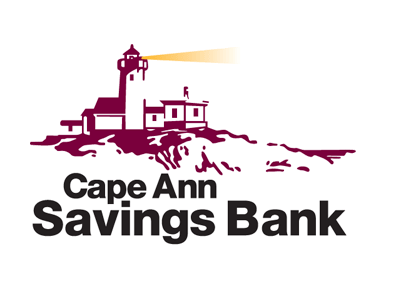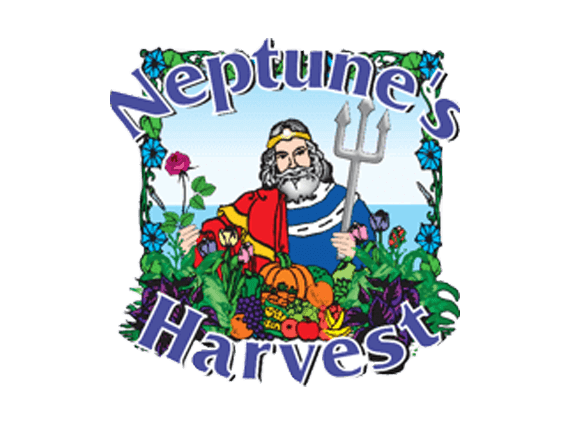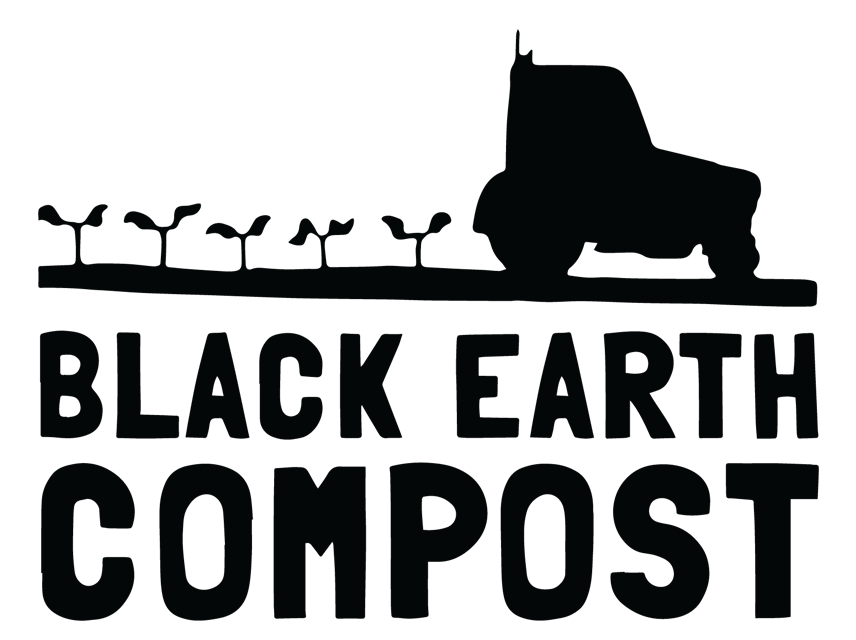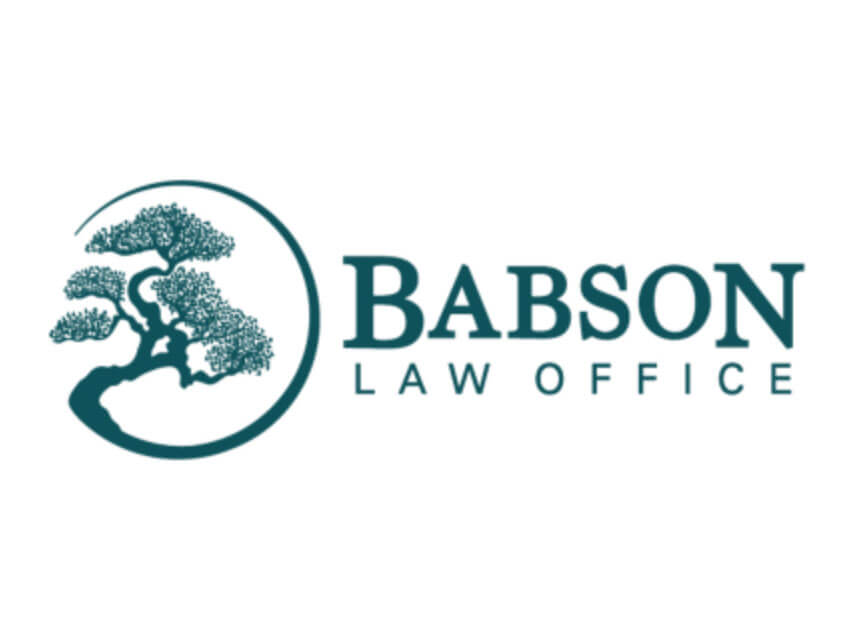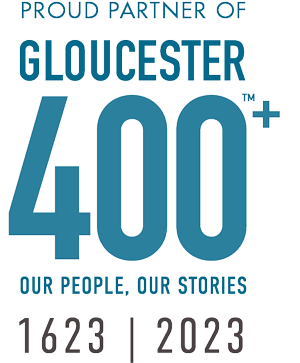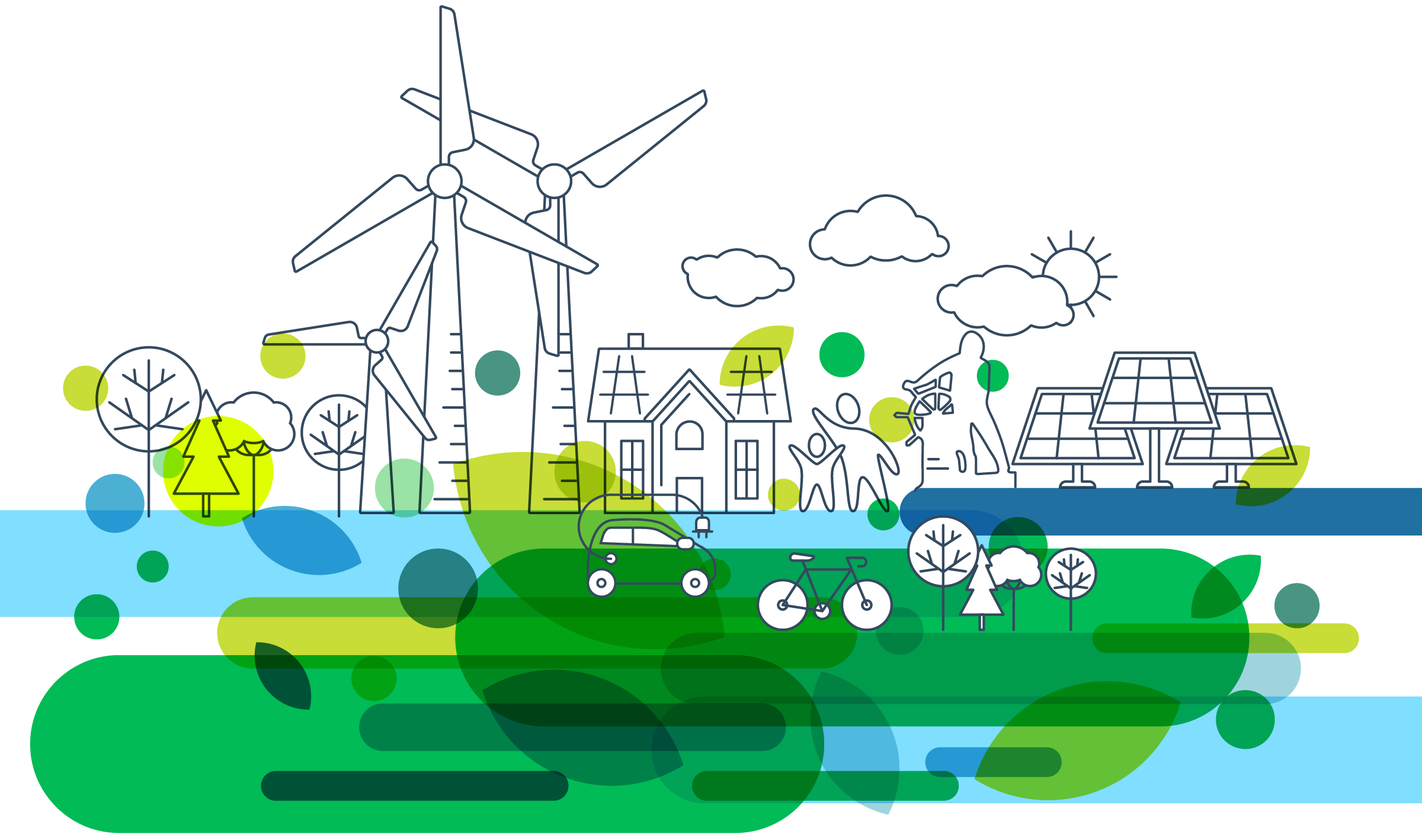
THE CASE OF CAPE ANN:
TYPOLOGIES OF VULNERABILITY

PROJECT SUMMARY, October 7, 2021
Overview
The future of Cape Ann will be shaped, in large part, by the effects of climate change. These effects will reach well beyond sea level rise and increased storm events. They will ultimately challenge and disrupt the housing, transportation, public services, and economic health of these communities. In light of these challenges, three local organizations—TownGreen2025, the Gloucester Meetinghouse Foundation, and the Cape Ann Climate Coalition—are joining with the Harvard Graduate School of Design to begin to envision a sustainable future for the region. In recognition of the reality that Cape Ann’s interwoven ecologies, geographies, and economies transcend municipal boundaries, the scope of the project will include the entireregion: Essex, Gloucester, Manchester-by-the-Sea, and Rockport.
Approach
This study will include a range of scales of investigation: territorial, regional, municipal (public infrastructure and public realm), and individual (private ownership). The project will identify unique challenges, opportunities, resources, and recommendations relevant to the four primary towns of Gloucester, Rockport, Essex, and Manchester-by-the-Sea. The project recommendations will include reference to the relevant local, regional, state, and/or federal resources or agencies implicated in such changes over time. It will further identify recommendations and roles for private citizens, the business community, and civic organizations, among others. These recommendations will synthesize the findings of the three areas of investigation and will focus on trade-offs and priorities in relation to the larger menu of possible policy and public realm interventions going forward.
Themes: Mitigation, Resilience, and Adaptation In considering Cape Ann in its entirety, rather than merely the sum of adjacent municipalities, this project responds to a critical gap in recent research on the region. While previous work has treated Cape Ann as four distinct municipalities, the global scale of climate change and the reciprocal effects of action to combat climate change strongly suggests that a regional approach is paramount.
This design research project involves three interrelated, but potentially distinct, spheres of investigation. First among these are studies of and scenarios for the mitigation of Cape Ann’s ongoing contribution of greenhouse gases and the “de-carboning” of its energy economy. Second are studies of and scenarios for enhancing the social, environmental, and economic resilience of Cape Ann’s communities and residents. Third are studies of and scenarios for the adaptation of Cape Ann’s built environment, infrastructure, and natural systems to our changing climate.
Mitigation refers to measures to ameliorate climate change by reducing emissions of heattrapping gases and/or removing carbon dioxide from the atmosphere. In turn, resilience is the "capability to anticipate, prepare for, respond to, and recover from significant multi-hazard threats with minimum damage to social well-being, the economy and the environment," and is used across fields as a way to conceptualize the response to disturbance.1 Finally, adaptation is defined as the "adjustment in natural or human systems to a new or changing environment that exploits beneficial opportunities or moderates negative effects."2
Regional Planning: Local Typologies of Vulnerability The literature review suggests that Cape Ann might consider itself as a unified geographic entity characterized by four distinct landscape typologies that exist across the four municipalities. These typologies are present in each municipality and knit the region together through shared geographies and development types as well as their associated vulnerabilities. Each of these typologies includes associated climate issues that allow for a set of inclusive scenario planning. These four typologies are: (1) water bodies, the salt and fresh bodies of water that characterize Cape Ann; (2) adaptive downtowns, the water-facing business districts of Cape Ann communities; (3) rural uplands, the Cape's farmlands, forests, and open spaces further from the coast; and (4) critical infrastructures, the highways, railways, and water, energy, and waste management lines that keep the region running.
Research Methods The proposed year-long effort is comprised of design research and planning "scenarios" organized thematically and pursued through mixed-methods. Four thematic scenarios provide a synthetic study of issues across disciplines and media, examining the spatial, geographic, ecological, and infrastructural implications of interventions across Cape Ann. These scenarios — including Scenario 0 (the Big Storm) and Scenarios 1, 2, and 3 (Adaptation, Resilience, and Mitigation, respectively)—pose sets of questions that represent visions of the future that make it possible to evaluate the potential consequences of different choices. The outcomes of this research are rendered through mapping, modeling, and three-dimensional visualization at the scales of the region, the municipality, and a small subset of specific sites in question.
Proposed Scenarios
- 0. The Big Storm Scenario 0 is a fundamental component of the project, and will ground and contextualize all subsequent work by providing a description of "The Big Storm,"— that is, what will happen if we do nothing. The study offers a vision of the future of the Cape Ann region without mitigation or resilience planning, and projects the critical infrastructure that is most likely to be compromised in the event of a 100-year storm, including transportation routes, low-lying water and sewer treatment plants and infrastructure. residential, commercial and industrial buildings, and natural resources.
- 1. Adaptation: Armoring Infrastructure and Managed Retreat Scenario 1 evaluates the potential of a hybrid approach to adapting coastal development on Cape Ann, combining strategies of both hard and soft protection as well as managed retreat. First, the study envisions the effects of armoring Cape Ann's coast, protecting infrastructure threatened by sea level rise and inundation in both the short and long term through a combination of gray and green infrastructure. As a secondary adaptive measure, the scenario imagines a managed retreat scenario that builds on existing efforts across the country and highlights the partnerships that Cape Ann might engage to pursue this option.
- 2. Resilience: Building Net Zero to Diversify Housing As a region, Cape Ann faces significant demand for diversified housing options to increase social equity. Scenario 2 projects a range of housing options across Cape Ann that are accessible to a wider range of residents, and proposes net-zero building strategies including passive design, renewable energy production, and innovative construction methods. The scenario locates the optimal areas for clustered multi-unit housing, as well as retrofitting existing housing stock.
- 3. Mitigation: Waste Recovery to Energy Production Scenario 3 proposes a program to reduce the emissions of greenhouse gases generated by the decomposition of solid waste, and envisions multiple strategies for converting waste streams--including wastewater, sewage sludge, and solid waste — into viable lowcarbon fuel economies
1 United States Global Change Research Program. “Glossary.” Accessed July 24, 2020. https://www.globalchange.gov/climate-change/glossary.
2 Ibid.
Phase I: Project Schedule Overview
-
Phase I: Project Schedule Overview
September 1, 2021The project is expected to run through the end of August, 2022. There are seven milestones in Phase One of this project. Use the slider above to navigate the timeline.
-
Team Formation and Literature Review
September 15, 2021The teams have been defined:
Phase One Project Team
Local Team
Damon Cummings, former MIT Ocean Engineering professor
Greg Federspiel, Manchester-by-the-Sea, Town Administrator
Ann Harrison, Manchester-by-the-Sea, Selectwoman
Herman Lilja, former President of Rockport Planning Board
Jayne Knott, Principal & Sr. Scientist, JFK Environmental Services
Valerie Nelson, Cape Ann Climate Coalition/Water Alliance
Peter Phippen, former Essex Selectman
Dick Prouty, Cape Ann Climate Coalition
Dave Sargent, Gloucester Conservation Commission/Open Space CommitteeOffice for Urbanization Team
Charles Waldheim, Principal Investigator
Kira Clingen, Research Associate
Fabiana Casale, Research Assistant
Slide Kelly, Research Assistant -
Precedent Study, Scope Definition, Advisors
September 29, 2021Expected to take 2 weeks.
-
Scenario 0 Study: The Big Storm
October 13, 2021The Big Storm Scenario 0 is a fundamental component of the project, and will ground and contextualize all subsequent work by providing a description of “The Big Storm,”—that is, what will happen if we do nothing. The study offers a vision of the future of the Cape Ann region without mitigation or resilience planning, and projects the critical infrastructure that is most likely to be compromised in the event of a 100-year storm, including transportation routes, low-lying water and sewer treatment plants and infrastructure. residential, commercial and industrial buildings, and natural resources.
8 weeks + 2 weeks review
-
Scenario 1 Study: Adaptation
December 22, 2021Adaptation: Armoring Infrastructure and Managed Retreat Scenario 1 evaluates the potential of a hybrid approach to adapting coastal development on Cape Ann, combining strategies of both protection and managed retreat. First, the study envisions the effects of armoring Cape Ann’s coast, protecting infrastructure threatened by sea level rise and inundation in both the short and long term. As a secondary adaptive measure, the scenario imagines a managed retreat scenario that builds on existing efforts across the country and highlights the partnerships that Cape Ann might engage to pursue this option.
8 weeks + 2 weeks review
-
Scenario 2 Study: Resilience
March 2, 20222. Resilience: Building Net Zero to Diversify Housing As a region, Cape Ann faces significant demand for diversified housing options to increase social equity. Scenario 2 projects a range of housing options across Cape Ann that are accessible to a wider range of residents, and proposes net-zero building strategies including passive design, renewable energy production, and innovative construction methods. The scenario locates the optimal areas for clustered multi-unit housing, as well as retrofitting existing housing stock.
8 weeks + 2 weeks review
-
Scenario 3 Study: Mitigation
May 4, 2022Mitigation: Waste Recovery to Energy Production Scenario 3 proposes a program to reduce the emissions of greenhouse gases generated by the decomposition of solid waste, and envisions multiple strategies for converting waste streams — including wastewater, sewage sludge, and solid waste--into viable lowcarbon fuel economies.
8 weeks + 2 weeks review
-
Documentation and Dissemination
July 13, 2022expected to take 4 weeks
-
End of Phase 1 Study
August 22, 2022Phase 1 complete!
Team
Local Team
Damon Cummings, former MIT Ocean Engineering professor
Greg Federspiel, Manchester-by-the-Sea, Town Administrator
Ann Harrison, Manchester-by-the-Sea, Selectwoman
Herman Lilja, former President of Rockport Planning Board
Jayne Knott, Principal & Sr. Scientist, JFK Environmental Services
Valerie Nelson, Cape Ann Climate Coalition / Water Alliance
Peter Phippen, former Essex Selectman
Dick Prouty, Cape Ann Climate Coalition
Dave Sargent, Gloucester Conservation Commission/ Open Space Committee
Office for Urbanization Team
Charles Waldheim, Principal Investigator
Kira Clingen, Research Associate
Fabiana Casale, Research Assistant
Slide Kelly, Research Assistant
Downloads
Our Corporate Level Sponsors
Earth Protector Level Sponsors
Green Steward Level Sponsors
Impact Partner Level Sponsors
Make an Impact! Become a TownGreen Sponsor
Commitment to environmental and climate responsibility is vital to ensure that we all work together to find solutions. TownGreen sponsorship benefits highlight your environmental commitment across several platforms and opportunities, including TownGreen’s Nature Wins Podcast, a monthly video and audio podcast about climate change and likely environmental impacts on Cape Ann. The Podcast features local and national climate experts, community leaders, and residents. Syndicated on Spotify, Apple Podcasts, Google Podcasts, and YouTube.



